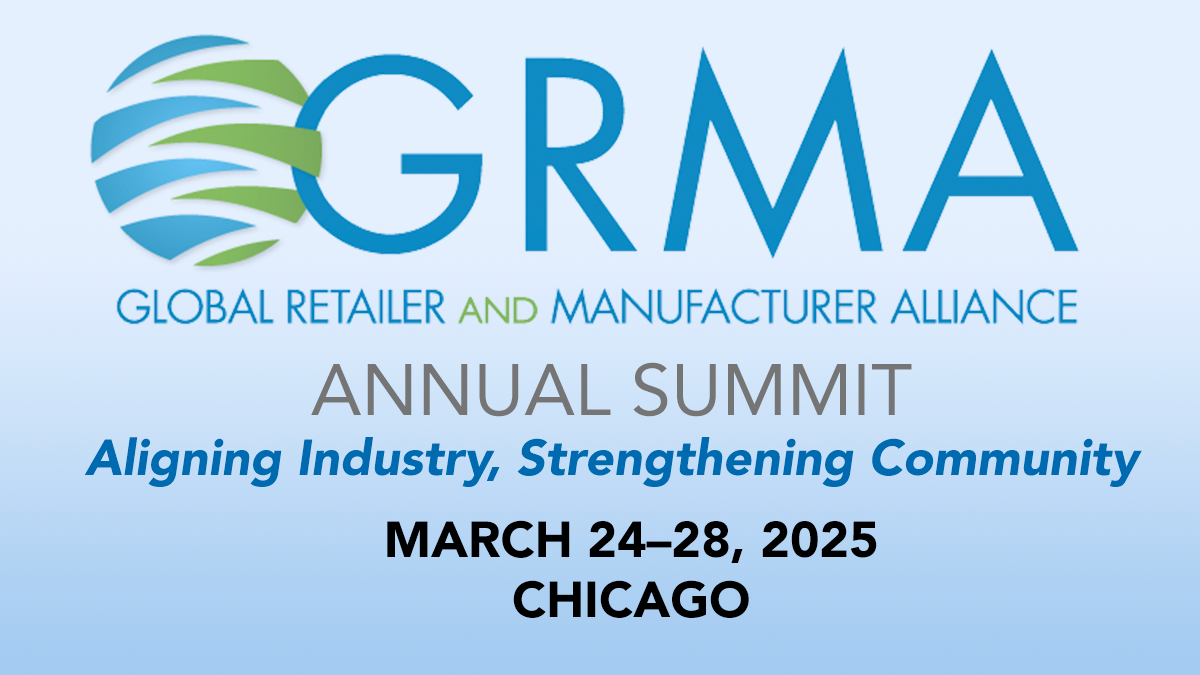DECEMBER 2024

Here’s What Retailers Need to Know:
-
New York age restriction law still in place, but no enforcement to date as CRN lawsuit advances; oral argument set for January 24
-
Prenatal supplements are safe – recent study based on misuse of USP standards, CRN finds
-
NMN under 'discretion' policy but still subject to FDA enforcement – case clarified
-
Supplement retailers should attend the GRMA summit in Chicago March 24–28
New York age restriction law still in place, but no enforcement to date as CRN lawsuit advances; oral argument set for January 24

CRN’s legal challenge to the New York law imposing age-restrictions on certain supplements, targeting marketing claims, is advancing. Meanwhile, the law is still in place and retailers should take reasonable steps to comply, even if the exact scope of affected products is still unclear.
- The Court recently announced the oral argument on CRN’s appeal to the Second Circuit has been set for Friday, Jan. 24, 2025. The hearing will examine whether the District Court wrongly failed to grant CRN’s request for a preliminary injunction.
Why it matters: This marks a critical next step in the case, which has drawn industry attention for its potential impact on First Amendment protections for commercial speech. CRN is appealing the denial of a preliminary injunction by the district court, which allowed their First Amendment claims to proceed but did not enjoin enforcement of the law, as requested by CRN, while the case moves forward.
What we’re saying: “A ruling from the Second Circuit could provide much-needed clarity on the Constitutionality of the law and enjoin New York from enforcing the law during the litigation,” said Megan Olsen, SVP and General Counsel, CRN.
Yes, and: The case has attracted significant industry support, including amicus briefs from the U.S. Chamber of Commerce and other business groups. Plaintiffs argue that the law is overly vague and restricts lawful marketing claims, creating compliance challenges for companies and chilling protected speech.
Oral arguments in 2025 will give the court an opportunity to analyze these issues and potentially deliver a precedent-setting decision for the intersection of state regulation and free speech rights.
What retailers can do: CRN members as well as non-member companies are contributing to litigation costs and retailers are urged to join in support of this critical battle. Please contact CRN President & CEO Steve Mister for details (smister@crnusa.org).
Prenatal supplements are safe – study based on misuse of USP standards, CRN finds

CRN is pushing back on a recent study, "Content of Selected Nutrients and Potential Contaminants in Prenatal Multivitamins and Minerals: an Observational Study,” published in the American Journal of Clinical Nutrition, which asserts discrepancies between the labeled and actual content of choline and iodine in prenatal multivitamins and minerals, as well as the presence of heavy metals at higher levels than purported “USP Purity Limits.”
CRN identified a major issue with the heavy metals testing portion of the study, where its team was unable to locate the source of the “USP Purity Limits for Pharmaceuticals” cited in the study and values did not correspond to either USP General Chapter 232 Elemental Impurities-Limits or USP General Chapter 2232 Elemental Contaminants in Dietary Supplements.
- CRN confirmed with a USP representative that the “USP Purity Limits for Pharmaceuticals” are incorrect. The “Purity Limits” seem to correspond to requirements for ingredient testing, not finished product limits, and the units are micrograms per gram, not per daily dose.
- In fact, all products tested in the study fall below the USP limits for finished dietary supplement products. The highest levels of heavy metals detected in products were 9.10 mcg/serving for arsenic; 1.26 mcg/serving for lead; 3.12 mcg/serving for cadmium.
- See additional details in this unlocked CRN member alert.
CRN is evaluating next steps to address this major error with the authors and publication.
NMN under 'discretion' policy but still subject to FDA enforcement – case clarified

Nicotinamide mononucleotide (NMN) products remain subject to FDA enforcement, CRN advises, even in the wake of a recent court-approved pause in the Natural Products Association (NPA) lawsuit against FDA over the ingredient. The agency has declared unlawful for use in supplements due to “drug preclusion.”
- The stay doesn’t prevent FDA from taking action on NMN supplements but temporarily halts the litigation as FDA reviews two Citizen Petitions on NMN’s regulatory status and drug preclusion generally.
CRN President & CEO Steve Mister cautions that NPA’s claim of a “monumental victory” is misleading. “The court simply agreed to delay proceedings while FDA considers NPA’s petition. The court did not restrict FDA’s enforcement authority in any way. FDA simply represented that it ‘does not intend to prioritize enforcement,’ but if FDA sees a safety issue or other public health concern, it could absolutely act on NMN products tomorrow," Mister advised.
"Retailers should be aware of this information and how it could affect the market for NMN dietary supplements," he added.
- CRN has also submitted its own Citizen Petition to FDA addressing the drug preclusion issue more broadly, rather than just for NMN, and has received confirmation from the agency that its petition will be answered at the same time as NPA’s, with a decision expected by July 2025.
"We appreciate FDA noting their intent not to prioritize enforcement, but the agency has had well over a year to answer the pending Citizen Petitions and give companies certainty over future dietary supplement innovation for ingredients like NMN. Only by engaging on the broader concerns about drug preclusion interpretation that CRN raised in its May 2023 Citizen Petition, can the industry get clarity over the law’s scope,” Mister said.
Bottom Line: The stay is a procedural step, not a legal endorsement of NMN as a dietary supplement. FDA enforcement remains possible, keeping NMN products in regulatory limbo as the agency evaluates their safety and classification.
Supplement retailers should attend the GRMA Summit, March 24–28 in Chicago
The Global Retailer and Manufacturer Alliance (GRMA) 2025 Summit will take place March 24–28 in Chicago, convening industry leaders, innovators, and experts in shaping the future of health and wellness standards. Retailers who are looking to implement standards for the dietary supplements they sell are encouraged to join GRMA and use the requirements for certifying GMP compliance and product certification that have been collectively established by the industry and retailers.
With the achievement of benchmarking, the 2025 GRMA Summit is the perfect platform to accelerate collective efforts, expand global impact, and advance safety, quality, and innovation.
Get details and register via the GRMA website.


